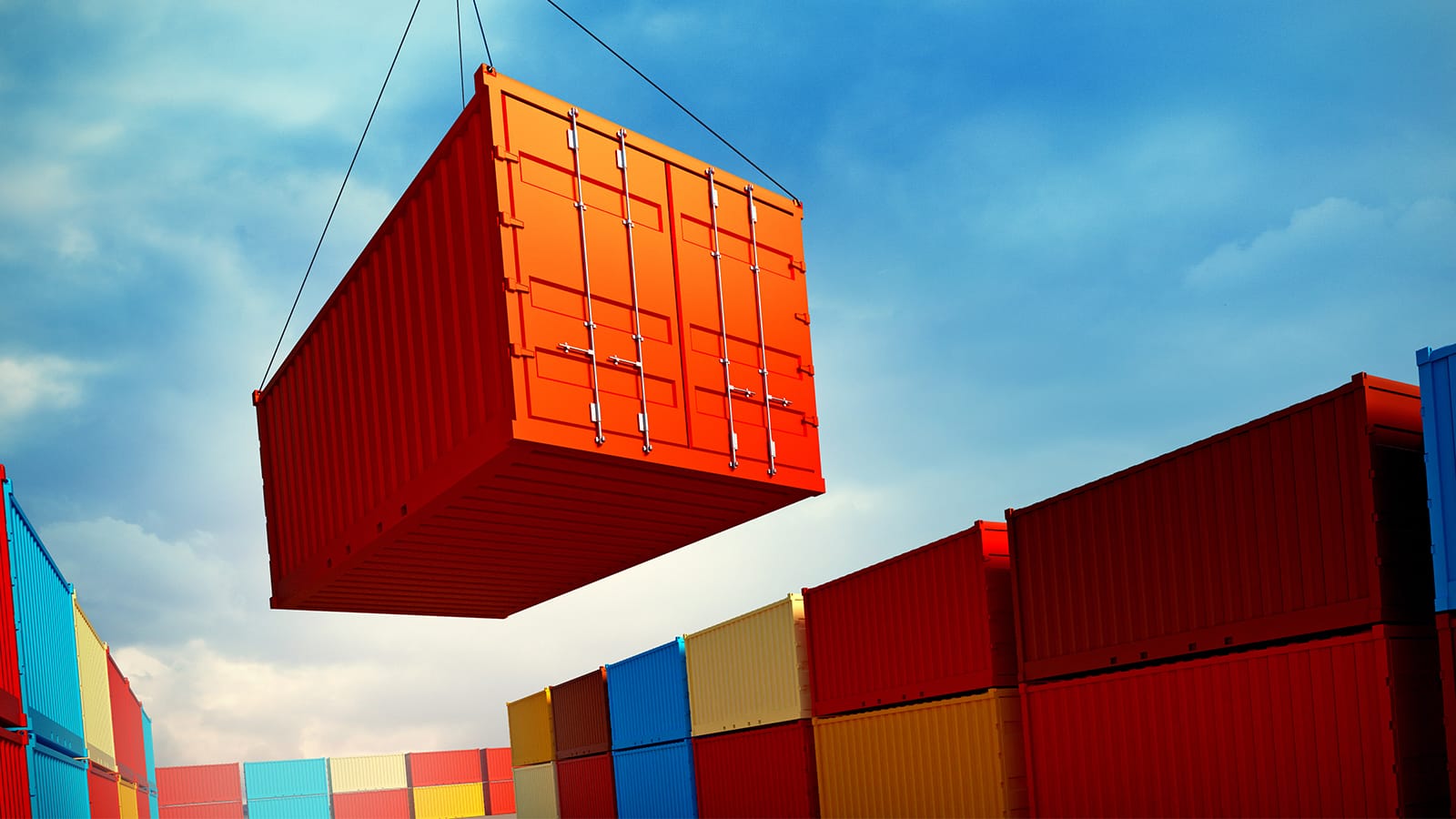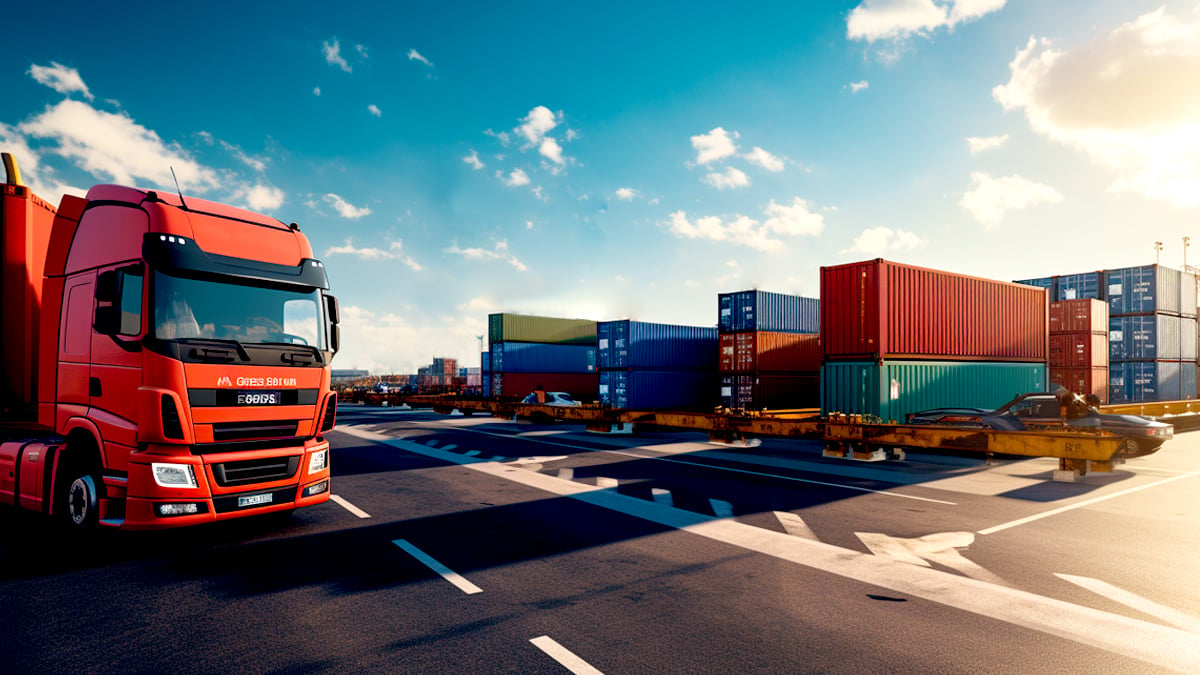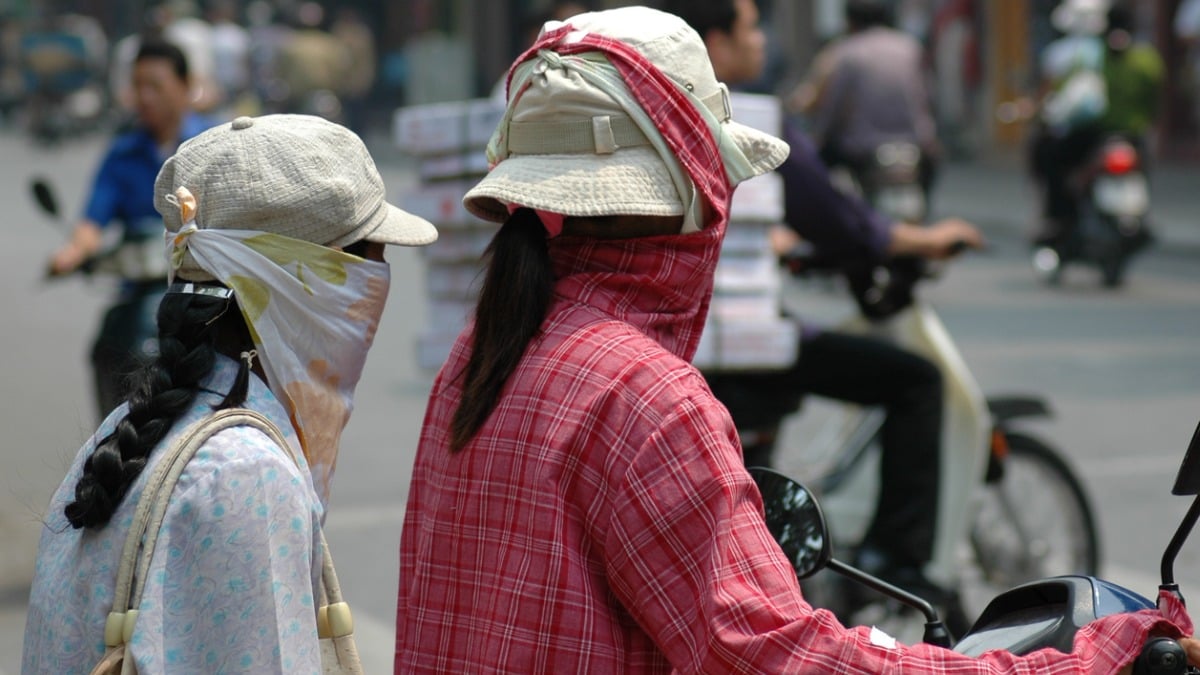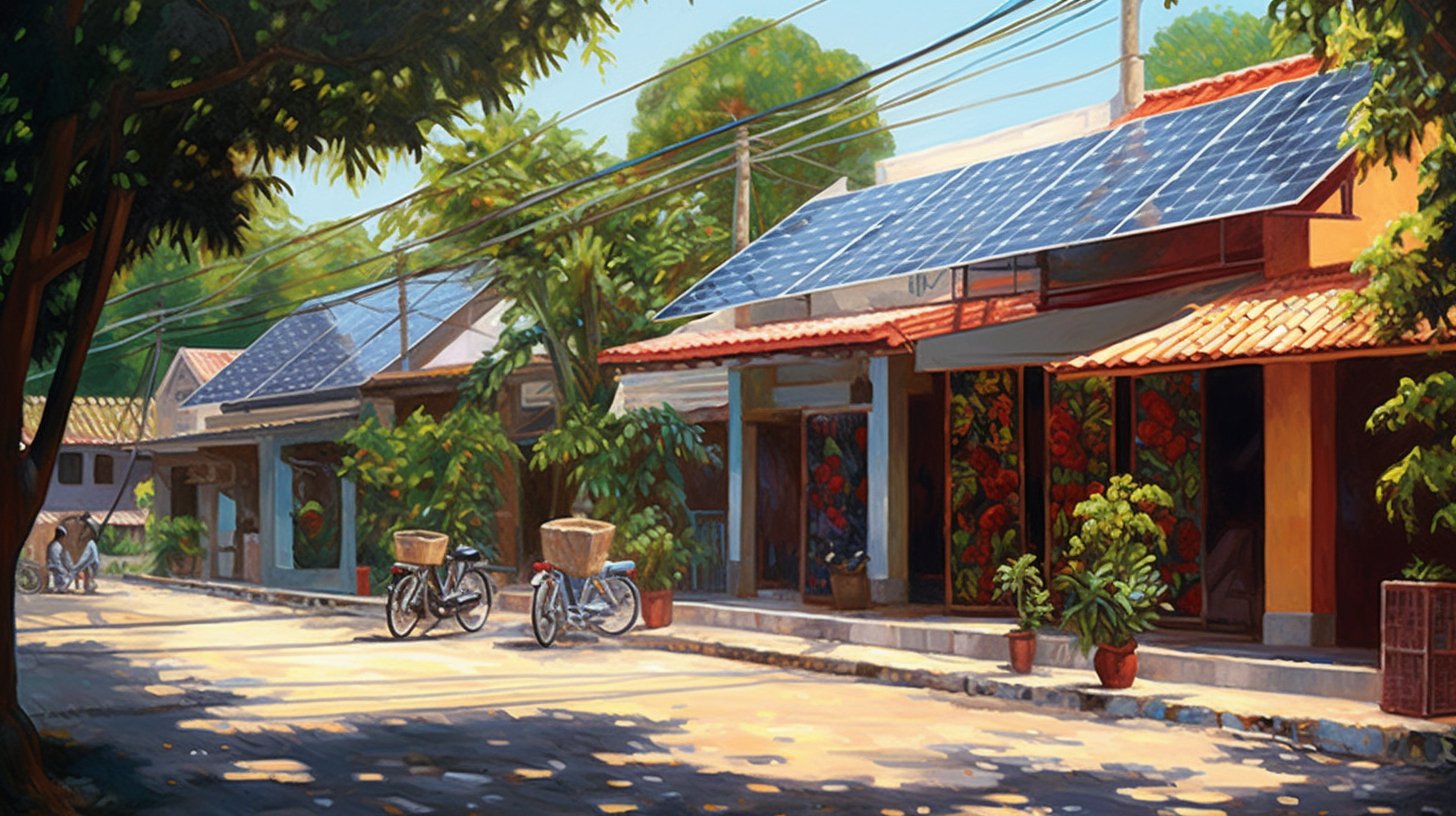Table of contents
Imports to Vietnam are growing steadily every year. In this article, we will provide you with some insights on how to calculate import tax and duty in Vietnam.
7 key facts about importing to Vietnam
Before diving into calculating import tax and duty in Vietnam, here’s a quick overview of some essential points you should know about importing to Vietnam:
#1 In the first two months of 2023, Vietnam’s Import-Export Turnover Tops US$49.3 Billion in February (with foreign direct invested enterprises accounting for a little over two-thirds, US$ 34.7 Billion) according to Trading Economics.
#2 To import to Vietnam, a receiver in Vietnam who have a registered company is required. Another option would be to use an importer of record service.
#3 Foreign investors are allowed to establish up to 100% foreign-owned import companies.
#4 There is no set minimum capital requirement for trading companies in Vietnam. However, you need to make sure it complies with revenues and expenses.
#5 After you have the Business Registration Certificate (BRC), you can import goods into the country. However, depending on the product(s) you want to import, you must have the proper import license and/or product registration for the product(s). And, the import has to meet your business activities.
#6 Certain products, e.g cosmetics, food supplements, and dairy products, require additional registration.
#7 Some products, for example, second-hand items and newspapers, are not allowed to be imported to Vietnam.
Import tax and duty in Vietnam
Most goods imported into Vietnam are subject to duty. Tax rates vary, depending on the type of product(s) you import. Import taxes are to be paid before customs clearance. Late payment risk the success of on-time customs clearance and may also result in higher costs.
Value-added tax (VAT)
In addition to import duty, goods brought to Vietnam are also subject to value-added tax (VAT). VAT rates are either 0%, 5%, or 10%. Certain products, e.g goods that cannot be produced in Vietnam may be exempted from VAT.
|
VAT tax rate |
Examples of goods this rate applies to |
|
0% |
Machinery that cannot be produced in Vietnam, teaching and vocational training as provided for by law, humanitarian aid, etc. |
|
5% |
Medical equipment, sugar, special-purpose machinery and equipment for agricultural production, clean water, fresh and live food, etc. |
|
10% | Standard VAT rate for products that do not qualify for special VAT exemption. |
Source: Law No 13/2008/QH12
Special consumption tax (SCT)
Some consumer goods are classified as luxury items and have an additional tax imposed. The special consumption tax, also known as the luxury tax, applies to certain imported goods, e.g alcoholic beverages, tobacco products, and petroleum products.
SCT rates start at 7% and can be more than 100% for some products such as cars with a higher engine capacity. For example, E10 gasoline is taxed at 7%, and alcohol, and beer are taxed at 65%. Cigarettes are taxed at 75% according to Law No. 70/2014/QH13. See details in the table below:
| No. | Goods and services | Tax rates (%) |
| Goods | ||
| 1 | Motorcycles, motor tricycles with a cylinder capacity exceeding 125 cm3 | 75 |
| 2 | Alcohol | |
| a) Alcohol with ABV ≥ 20o | 65 | |
| b) Alcohol with ABV < 20o | 35 | |
| 3 | Beer | 65 |
| 4 | Motorcycles, motor tricycles of a cylinder capacity exceeding 125 cm3 | 20 |
| 5 | Aircraft | 30 |
| 6 | Yacht | 30 |
| 7 | Gasoline | |
| a) Gasoline | 10 | |
| b) E5 gasoline | 8 | |
| c) E10 gasoline | 7 | |
| 8 | Air conditioners not exceeding 90,000 BTU | 10 |
| 9 | Playing cards | 40 |
| 10 | Votive papers | 70 |
| Services | ||
| 1 | Casino business, electronic casino game business | 35 |
| 2 | Betting business | 30 |
| 3 | Golf course business | 20 |
| 4 | Lottery business | 15 |
Environmental protection tax (EPT)
EPT is a tax imposed on products that harm the environment. According to Law No. 57/2010/QH12, goods such as plastic bags, gasoline, coal, etc. are subject to the environmental protection tax.
Environmental taxes are provided for in the following table, according to Article 1, Resolution on Environmental taxes No. 579/2018/UBTVQH14:
| No. | Goods | Unit | Tax rate (VND/unit) |
| 1 | Petrol, except ethanol | liter | 4,000 |
| 2 | Jet fuel | liter | 3,000 |
| 3 | Diesel oil | liter | 2,000 |
| 4 | Kerosene | liter | 1,000 |
| 5 | Mazut | liter | 2,000 |
| 6 | Lubricant | liter | 2,000 |
| 7 | Grease | kg | 2,000 |
| 8 | Lignite coal | ton | 15,000 |
| 9 | Anthracite coal | ton | 30,000 |
| 10 | Black coal | ton | 15,000 |
| 11 | Other coals | ton | 15,000 |
| 12 | HCFC solutions, including those of HCFC-containing mixtures | kg | 5,000 |
| 13 | Taxable plastic bags | kg | 50,000 |
| 14 | Restricted-use herbicide | kg | 500 |
| 15 | Restricted-use termiticide | kg | 1,000 |
| 16 | Restriced-use forest product preservatives | kg | 1,000 |
| 17 | Restricted-use termiticide | kg | 1,000 |
Also, note that the calculation of tax and duty in Vietnam is quite complicated and regulations change periodically. Therefore, it is best to consult with local tax advisors for further information. Contact Emerhub to discuss taxes for your business in Vietnam.
Duty exemption and free trade agreements in Vietnam
ASEAN Free Trade Area
Vietnam is a member of the ASEAN Free Trade Area (AFTA), and numerous other countries within over 15 FTAs intraregional import taxes for certain products vary between 0-5%. This includes products such as:
- Meat and fish
- Livestock
- Vegetables
- Milk and cream
- Agricultural machinery
Other import tax exemptions
In addition, Article 16 of Law No. 107/2016/QH13 on export and import duty regulates tax exemptions for many other products as well, including:
- Materials, supplies, and components used for manufacturing export products
- Goods temporarily imported for re-exports
- Raw materials and components which cannot be domestically produced
- Machinery and equipment that are fixed assets of an entity that is eligible for incentives
- Etc.
Prohibited goods
Circular No. 34/2013/TT-BCT of the Ministry of Industry and Trade lists goods that you cannot import to Vietnam.
For example, you cannot import the following products to Vietnam:
- Cigars
- Petroleum oils and oils obtained from bituminous minerals
- Newspapers, journals, and periodicals
- Discs, tapes, and other recorded media
- Second-hand items (including electronics and automotive)
An example of how to calculate import tax in Vietnam
To generally demonstrate the import tax calculation, we have provided some simple formulas and illustrative examples. Let’s say you want to import hair lacquers to Vietnam with a total value of 10,000 US dollars. How to calculate the total tax?
Calculation formula for the Import Tax:
[Total value of the imported products + SCT (if any) + EPT (if any)] x tax rate = Import Tax
The import tax rate for hair lacquers is 15%, thus:
[$10,000 + 0 (no SCT nor EPT for hair lacquer)] x 15%=$1,500
For the Value-Added Tax:
(Total value of the imported products + import tax) x VAT tax rate = VAT
Hair lacquers fall under the standard VAT rate, thus:
($10,000 + $1,500) x 10%=$1,150
For the Special Consumption Tax:
Value of special consumption x SCT rate = SCT
As hair lacquers are not excised products, let’s take another example. For example, you want to import motorcycles with a total value of 100,000 US dollars and the SCT for motorcycles is 20%. Thus:
$100,000 x 20%= $20,000
For the Environmental Protection Tax:
The quantity of taxable goods x EPT rate = EPT
As neither hair lacquers nor motorcycles are subject to the environmental protection tax, let’s use another example. When the EPT for taxable plastic bags is 40,000 VND per kg and you wish to import 100 kg of plastic bags, then:
100 kg x 40,000 VND/kg= 4,000,000 VND (~$176)
Calculation formula for the total tax:
Total tax = Import Tax + VAT + SCT (if any) + EPT (if any)
The total tax for hair lacquers with a total value of $10,000 would then be:
$1,500 + $1,150 + 0 SCT + 0 EPT=$2,650
Getting started with importing to Vietnam
As already mentioned earlier in the article, you can import to Vietnam if you or the receiver has a legal entity that holds all the necessary licenses and is registered in Vietnam or use the Importer of Record service.
Setting up an import company in Vietnam
This option is suitable for investors who don’t mind waiting until they can start importing as it takes up to 1 month to register a company in Vietnam.
During this process, you will acquire all the necessary licenses for conducting business in Vietnam, including importing. Trading within Vietnam, however, requires a separate trading license.
Before getting started with your company registration, don’t forget to take a look at 9 common mistakes foreign investors tend to make when setting up a company in Vietnam. We also suggest you get a glimpse of the compliance requirements that you need to meet after the incorporation.
Importer of record service in Vietnam
If you aim to start importing immediately or you would like to import only a few shipments, using the Importer of Record service in Vietnam will be the solution for you.
What makes importer of record service fast and seamless is that you don’t have to register a company in Vietnam – you will be using Emerhub’s licenses. Another great perk of using the service is that there will be no hassle with import taxes – everything will already be included in the service.
Find out the benefits of using the Importer of Record service.
Get in touch with our consultants by filling out the form below to start importing to Vietnam.







